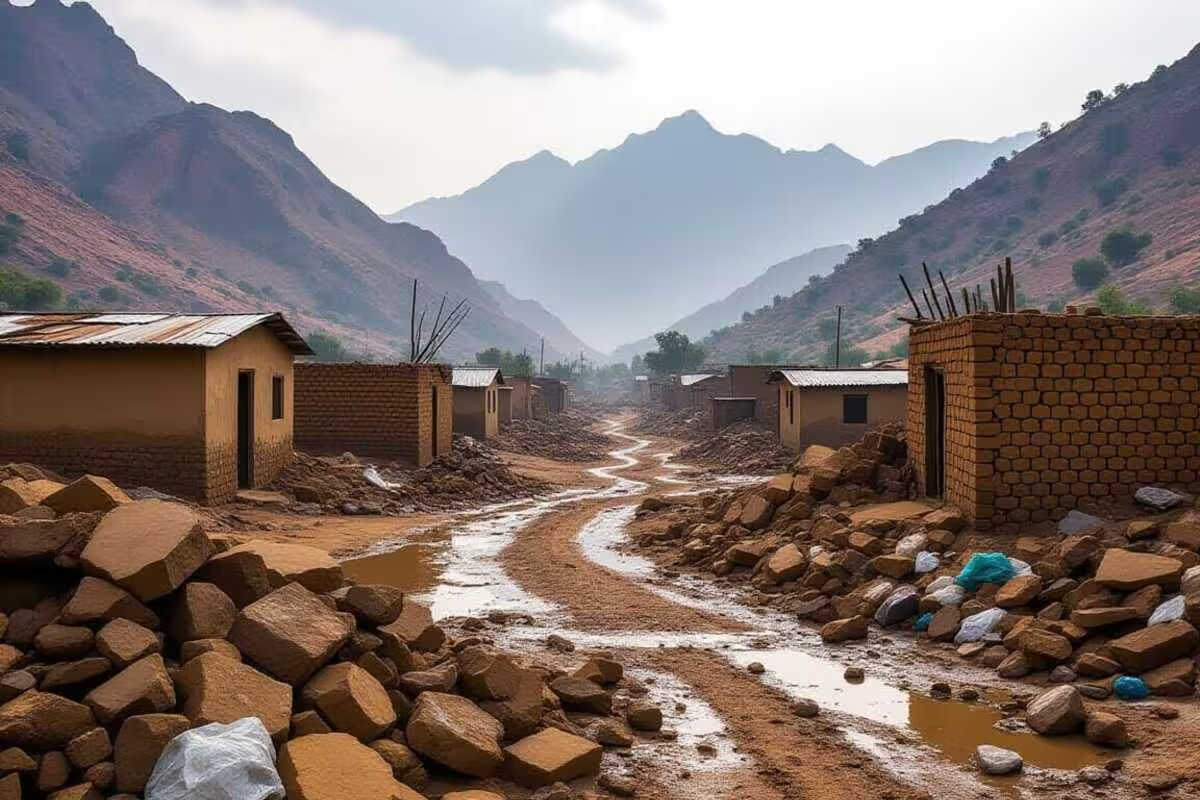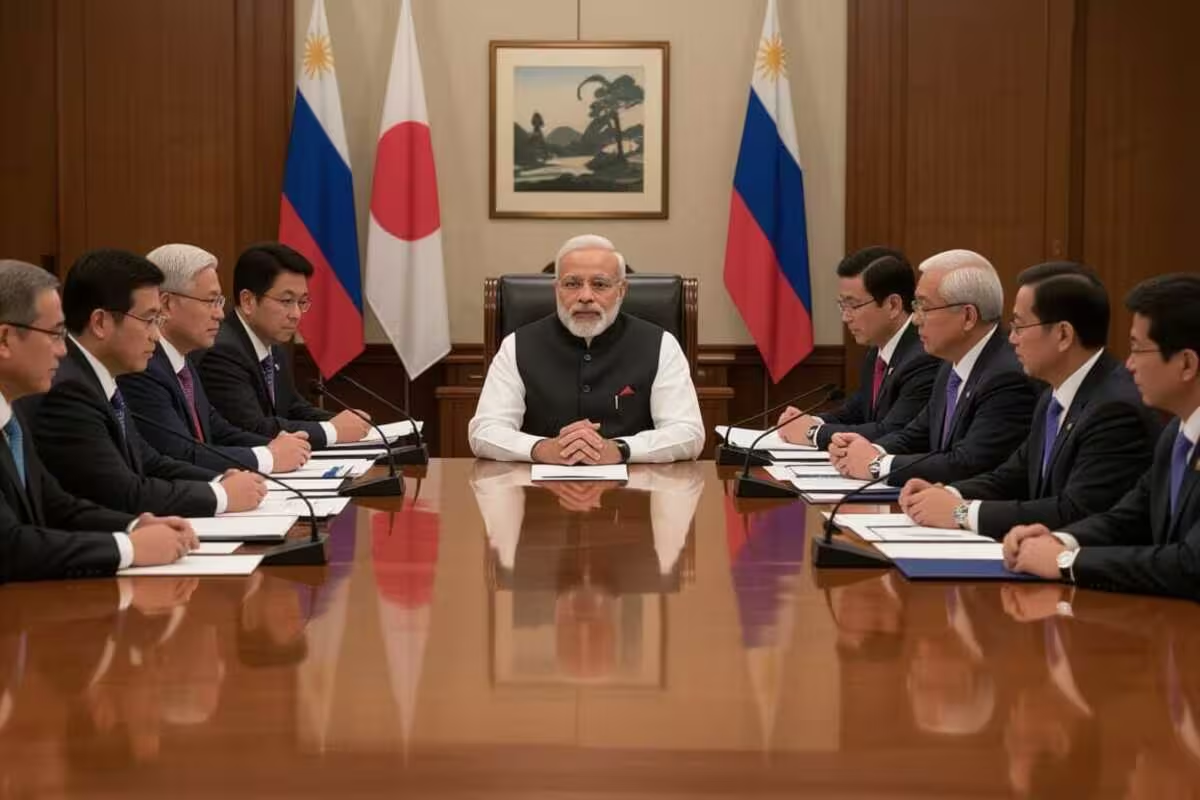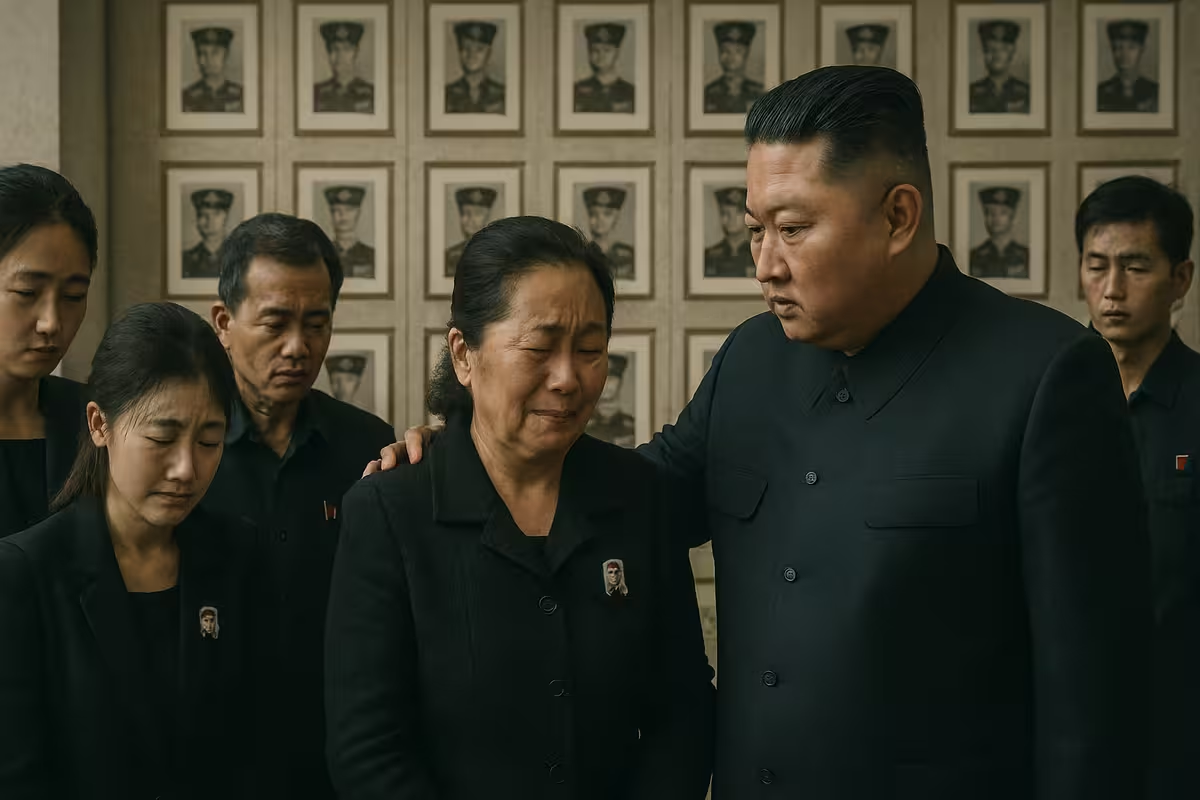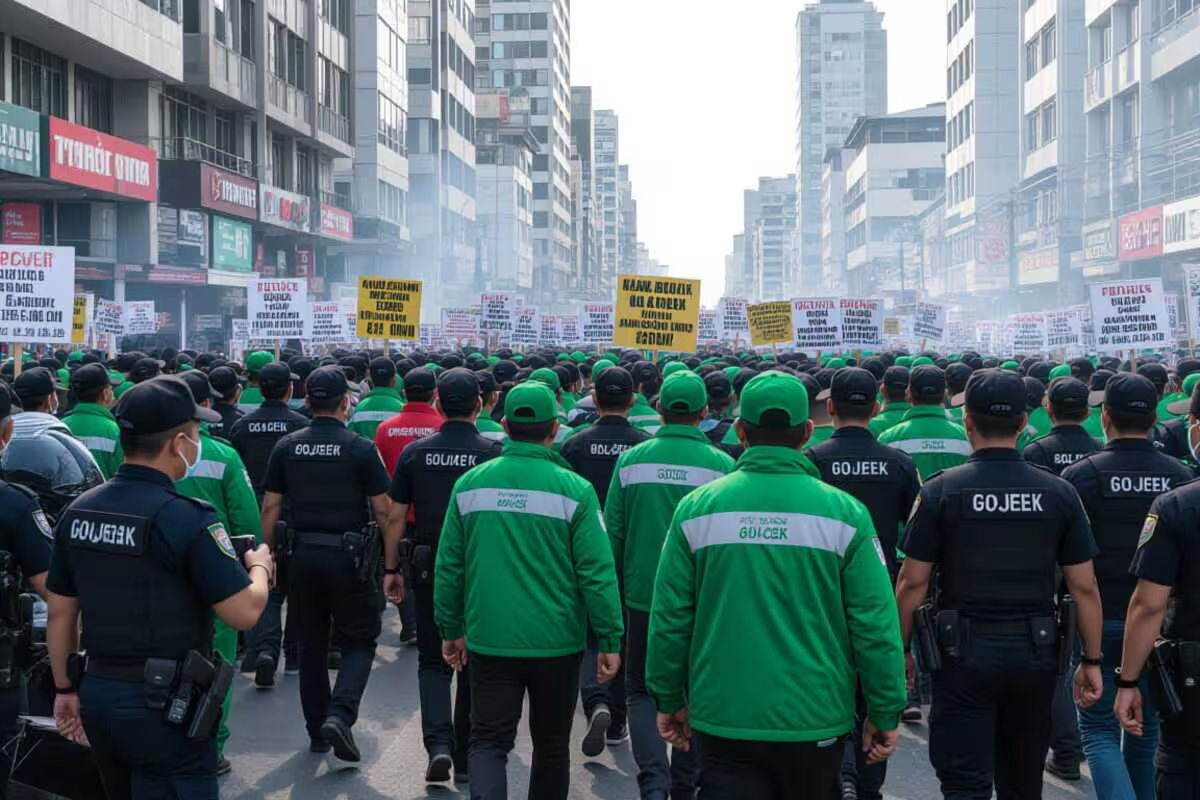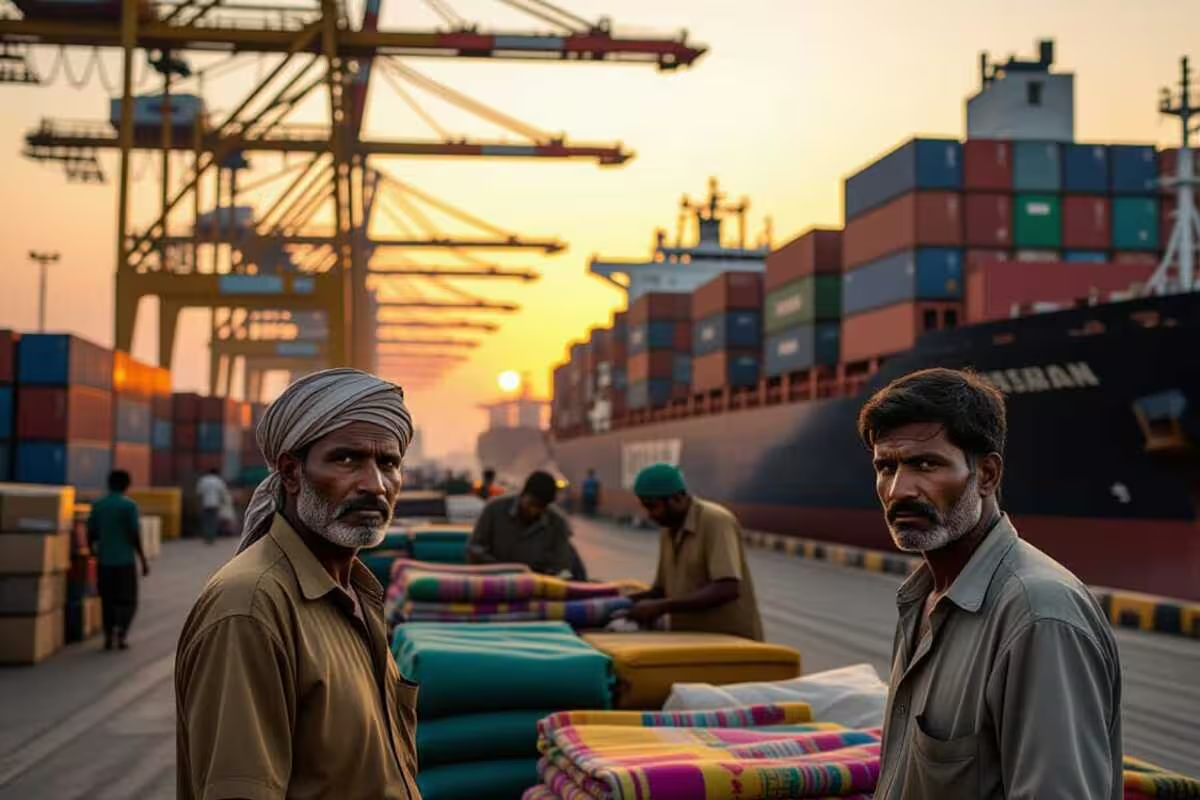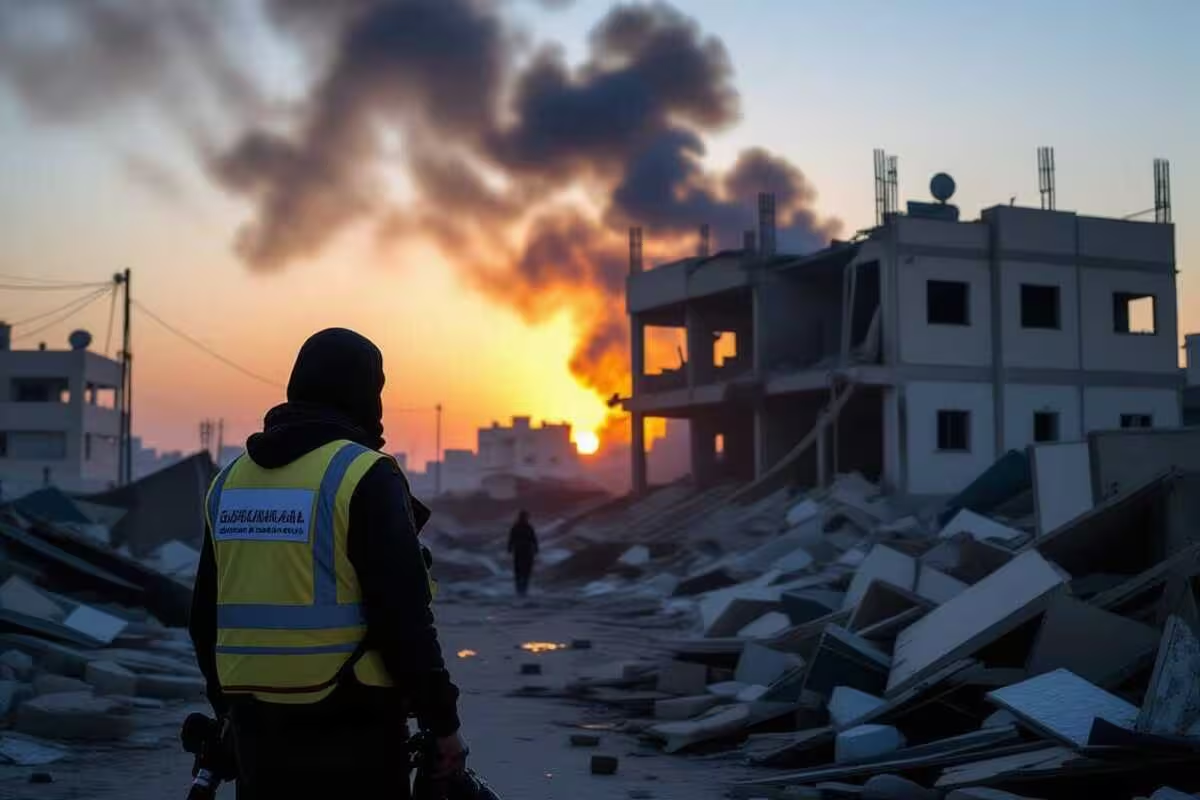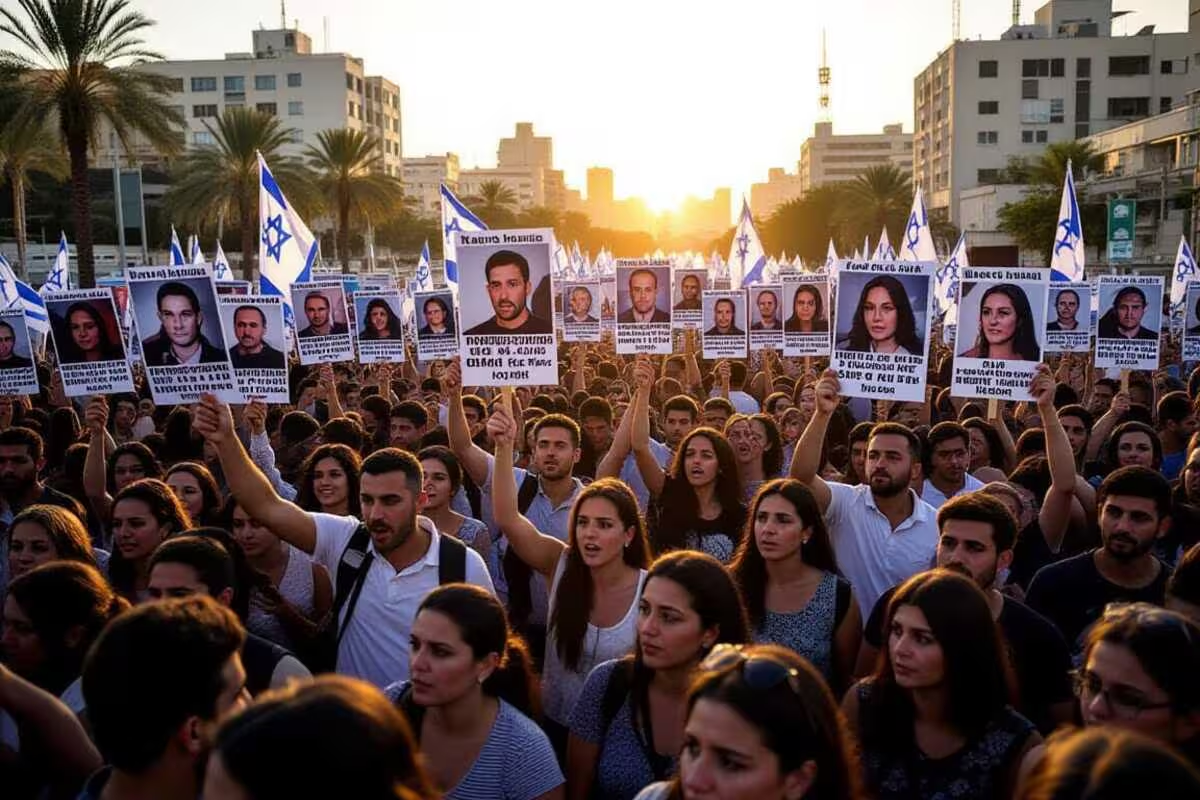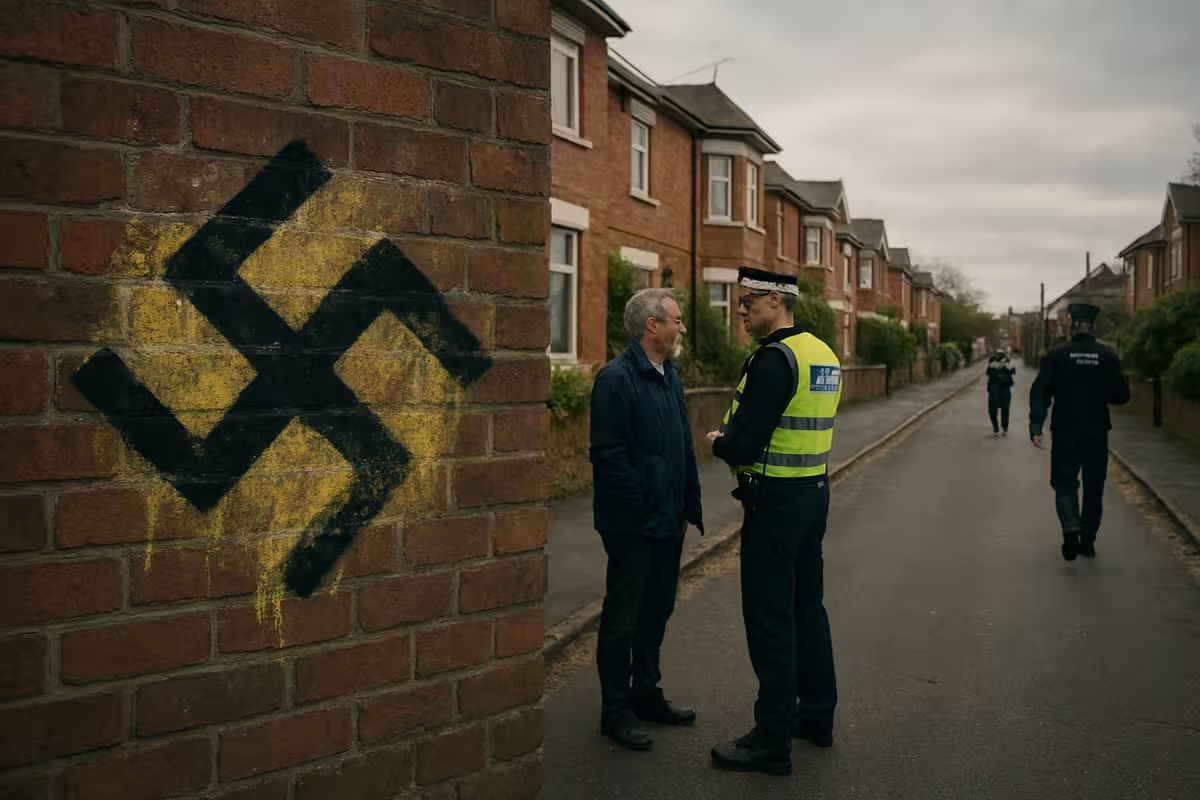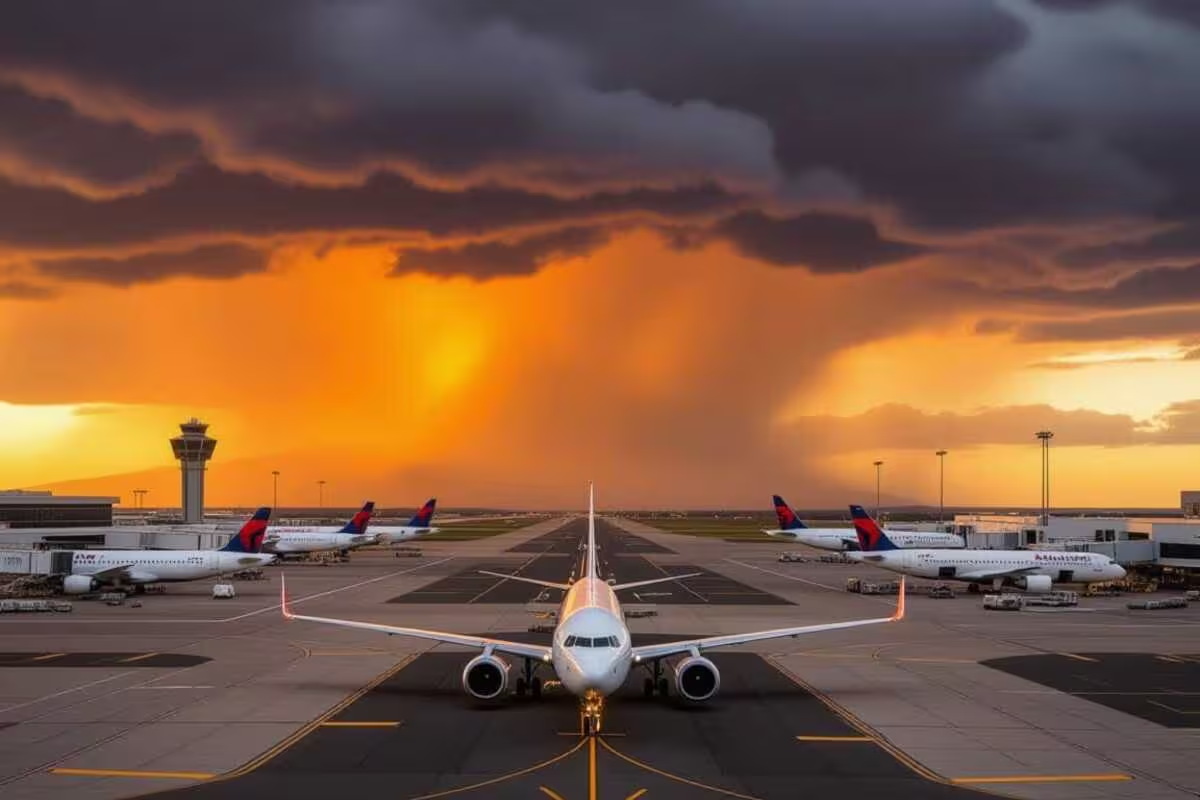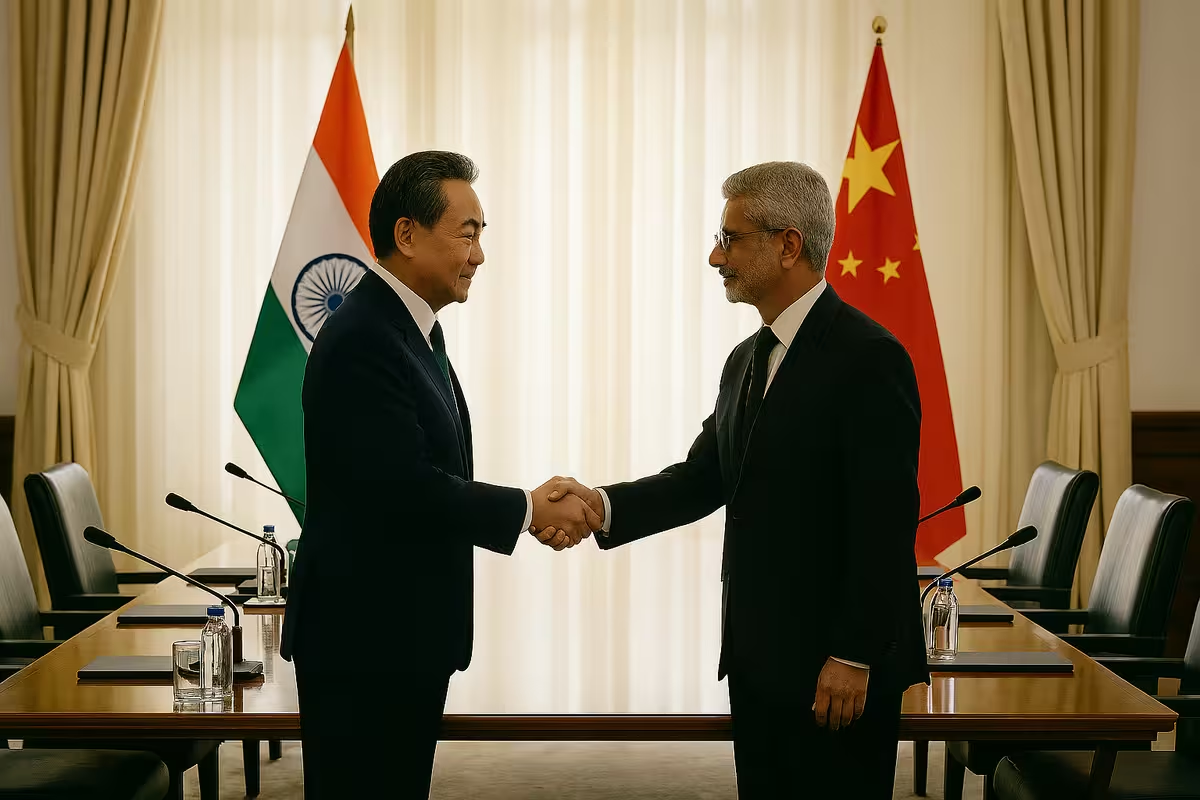It’s been over 22 months, and Israel still hasn’t tried anyone for the October 7 attack.
JERUSALEM, Israel – August 13, 2025:Almost two years after the awful October 7, 2023, attack, Israel’s courts haven’t put a single suspect on trial for the killings. The reason? A bunch of tricky legal, logistical, and political problems have stalled everything. Thousands of suspected fighters and their families are in limbo, waiting for answers. Lots of suspects are locked up under administrative orders as rogue fighters, but the government hasn’t filed formal charges because they don’t have enough solid proof. Also, the legal system is swamped, and there are worries that trials could put the remaining hostages in Gaza at even greater risk.
Why It’s Taking So Long
Reports from The Times of Israel and Haaretz say the delay is because of a lot of things. Israeli officials are having a tough time getting enough evidence for proper criminal trials. They’ve looked into thousands of suspects, but prosecutors are struggling to tie specific people to specific crimes, like murder. That’s a big problem because you need solid proof someone was involved to convict them of murder.
Someone suggested trying suspects together based on which towns they attacked. But that might not fly with international courts since it wouldn’t hold individuals responsible. Some legal experts think Israel’s military courts, which usually get convictions, might get flak from other countries if they handle these cases, making any outcomes seem unfair.
Locked Up Without Trial and No Lawyers
Because there aren’t any criminal trials, many suspects are locked up under Israel’s Unlawful Combatants Law. This lets them hold people indefinitely without formally charging them. It’s easier to do this than a criminal trial because they don’t need as much proof and can use evidence that wouldn’t be allowed in a regular court. They can keep these people locked up as long as Israel and the militant group are still fighting.
Also, the suspects’ legal rights are a big issue. Israeli public defenders won’t represent them, meaning many don’t have lawyers. This raises serious questions about fairness and could lead to claims of mistrials, possibly letting suspects go free. The International Criminal Court (ICC) has issued arrest warrants for top Hamas leaders for their part in the October 7th attack, showing similar legal headaches Israel is facing at home.
Hostages and Politics
The hostage situation is a major reason for the delay. Israeli officials are worried that holding big trials could mess up talks to free the remaining hostages in Gaza. The government fears that a guilty verdict or death sentence could cause more violence and endanger the hostages even more.
Politically, the Israeli government and State Attorney’s Office are getting heat from the public and law enforcement for not making progress. The United States has announced criminal charges against senior Hamas leaders, but Israel can’t charge people who aren’t in custody. This has people calling for Israel to do the same, even if the laws are different.
Keeping Suspects Apart and Court Reviews
To make sure any future trials are fair, suspects arrested after October 7 are being kept in two separate groups in Israeli prisons. One group is for those who will face criminal charges, and the other is for those held without trial. This is to avoid claims of mistrials. But suspects have been moved between the groups as new evidence surfaces, showing that the investigations are still underway.
The sheer number of deaths in the attack (over 1,200) has overwhelmed the courts. The massive amount of evidence, including over 280 videos and photos and over 1,500 testimonies, is a huge challenge for investigators and prosecutors. This slow pace is frustrating families of victims and survivors who are still waiting for closure and justice.
Evidence Problems and International Law
It’s hard to get convictions because of the attack itself. Many of the attackers were killed during the raid, and it’s tough to link specific people to specific actions because everything was so chaotic. Israeli officials are collecting and checking video evidence, forensic reports, and testimonies. But it’s hard to prove where some of the evidence came from, and doing thorough forensic work in a war zone is difficult.
Groups like Human Rights Watch and the UN Commission of Inquiry are watching the legal process closely. The UN says Israel has been blocking its investigations, not letting them into Israel or the Occupied Palestinian Territory. How Israel handles these cases will be a big test for its legal system and could affect how it’s seen around the world.




